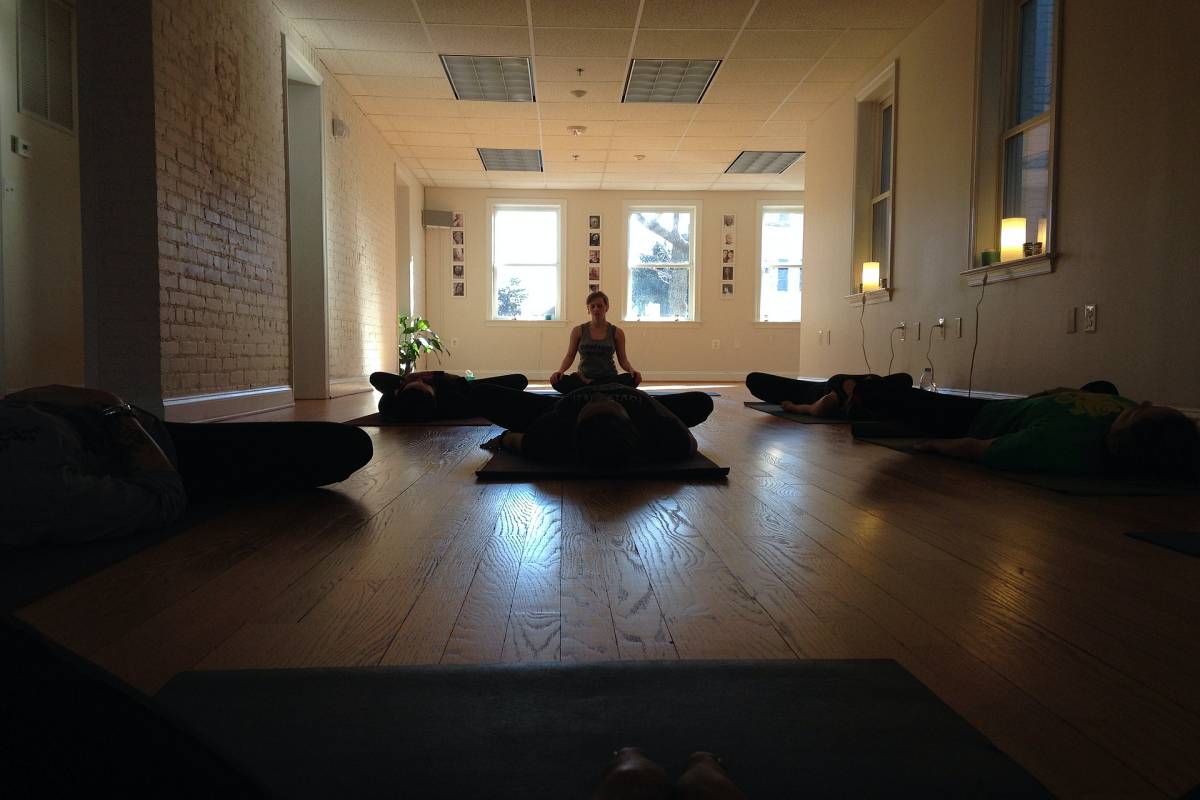Have you always wanted to try meditation but never knew where to start? Though a beginner’s meditation practice may seem mysterious and complicated, it’s not as difficult as you may imagine. It’s no secret that regular meditation can provide you with various physical, mental, and emotional benefits. This is especially true during COVID-19, when many people feel stretched to their maximum.
Hearts Rise Up knows this is a tough time but is here to help. Let’s start with a brief beginner’s guide to meditation and information on how it can help you cope with the added stresses the pandemic brings to daily life.
Prepare Your Space
Make your home a pleasant, positive place to meditate by cleaning, decluttering, and opening windows to let in fresh air. That way, you’ll be able to focus on your meditation practice without distractions or negative influences. You can turn any room of your home into a meditation space, though it’s best to choose a tidy area and has a calming effect on you. Place a pillow or yoga mat on the ground so you can meditate in comfort.
Beginner’s Meditation Basics
As Headspace notes, meditation is the practice of gaining a healthy perspective and training your mind and body to be more aware. The practice can be very healing and can help you learn how to understand yourself better. Meditation is also a great way to strengthen the mind, body, and spirit.
Learning how to meditate correctly takes practice, but anyone can do it with sufficient effort. Just be patient with yourself and don’t expect to be perfect at it in the beginning. With regular meditation sessions, you’ll get better at experiencing the incredible health benefits of this vital practice, which include expanded self-awareness and self-mastery. Other health benefits include pain reduction, stress relief, and improved emotional and physical health.
Getting started can be a little daunting if you never tried meditation before. It’s not unusual to find your mind wandering; one way to ease into it is to rely on mobile apps like Headspace and Calm. There is an abundance available, so test drive some to find one you like. You could also use guided meditations. Hearts Rise Up has several meditations to choose from.
Different Types of Meditation
As BookRetreats explains, there are many different types of meditation you can try. You may want to cycle through them until you discover which styles you prefer over others. Here are some of the most common meditation types and brief explanations about how to perform them.
Mantra meditation: Mantra meditation involves repeating positive phrases or words either out loud or in your mind. The phrases—also known as mantras—can help you gain clarity and focus in otherwise stressful situations. Chanting has been used for millennia to help calm the mind. Select any mantra you choose and repeat it to yourself daily for a cycle of 40 days. Do it while you’re sitting quietly without distractions.
Mindful walking meditations: Mindful walking meditations are excellent because they combine with physical activity. To perform this type of meditation, walk around a room in your home while holding one hand in a closed fist behind your back and the other hand holding the closed fist. Walking meditation aims to help you observe everything going on all around you while you walk in silence.
Breathing meditations: Breathing meditation is very popular because it can be done anywhere and in very little time. There are many different breathing meditation variations, but they all involve using purposeful breaths to feel more connected. Many people breathe shallow breaths day in and day out. Deep, grounding breaths can be very healthful to the mind and body.
Mindfulness meditations: Mindfulness meditation is a Buddhist tradition meant to invoke a specific response. For example, some mindfulness meditation techniques can help you to relax and relieve your stresses. Other methods intend to produce altered consciousness states. Mindfulness meditation involves paying very close attention to the details of your experiences without judging. The practice helps to connect the body, breath, and thoughts.
Start a daily or weekly meditation practice and take note of how it melts away tension and stress. Set up a comfortable space, be patient with yourself, and remember that proper meditation takes time to master.
For more uplifting content, coaching, podcasts, and more connect with Hearts Rise Up!
About April Meyers
April is pursuing her certification as a yoga instructor so she can help others find their own mind-body health.
For more information on April, visit Mind Body Health Solution.
Photo Credit: suzanne leitner-wise from Pixabay




0 Comments